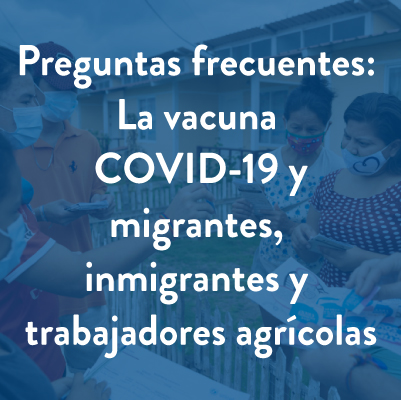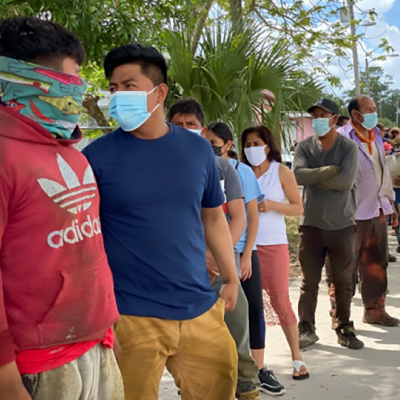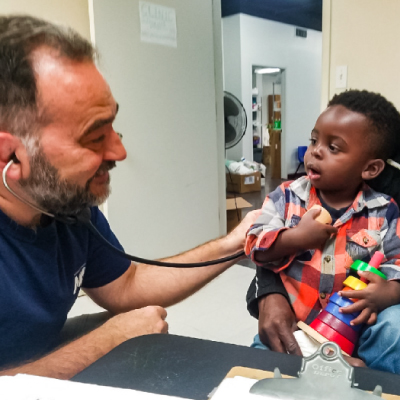- Who We Are
- Clinician Employment
- Publications
- Witness to Witness (W2W)
- El Premio Kugel & Zuroweste a la Justicia en la Salud
- Your Voice Matters: Photovoice Project
Thu, 08/16/2018 | by Claire Hutkins Seda


"I began crying because I couldn't breath and my vision was blurred," one unidentified worker said.
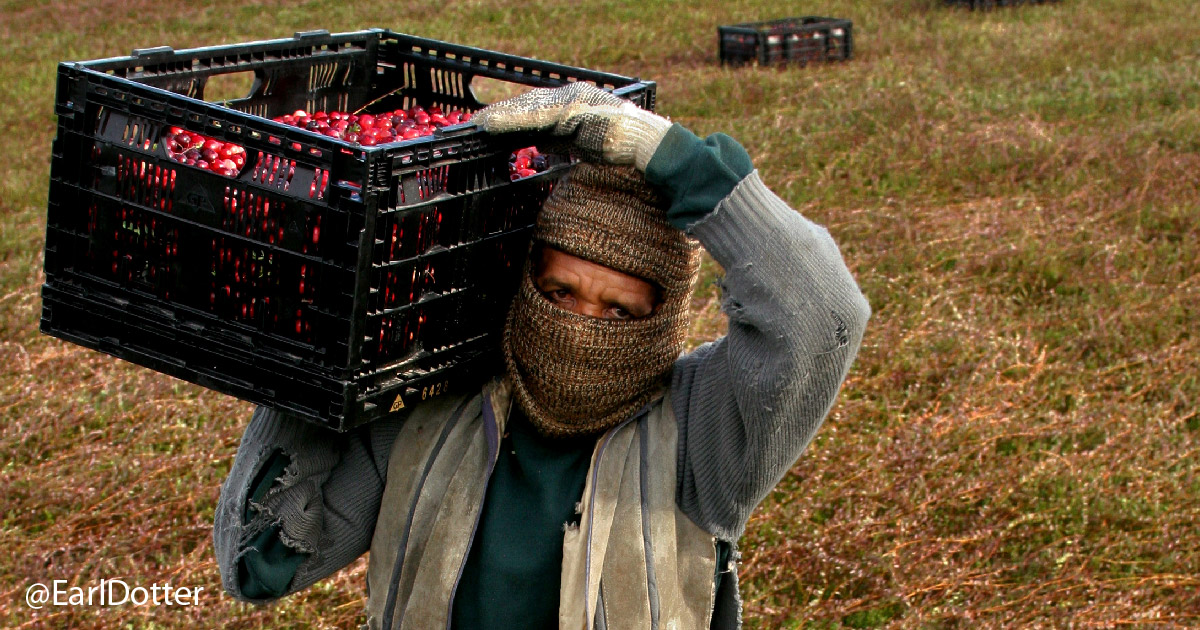
"I had a severe headache, nausea, sore throat and numb feet," another employee said.
In the early hours of a foggy summer day last year, 17 agricultural workers near Salinas, California began work transplanting young celery starts. Within hours, they began to fall ill. The night before on an adjacent field, the company, Tanimura and Antle, sprayed a total of nine pesticides, including permethrin and methomyl. A recently released report investigating the incident found “there were no issues during the applications, therefore no non-compliances were noted,” according to a segment on the California Report. The company transported some of the sick workers to the hospital, but didn’t have enough transportation to transfer them all. Some, nauseated and with blurry vision, were permitted to drive themselves. The county levied a $5000 fine on the company for the transportation concern. Otherwise, the pesticide poisoning followed all regulations.
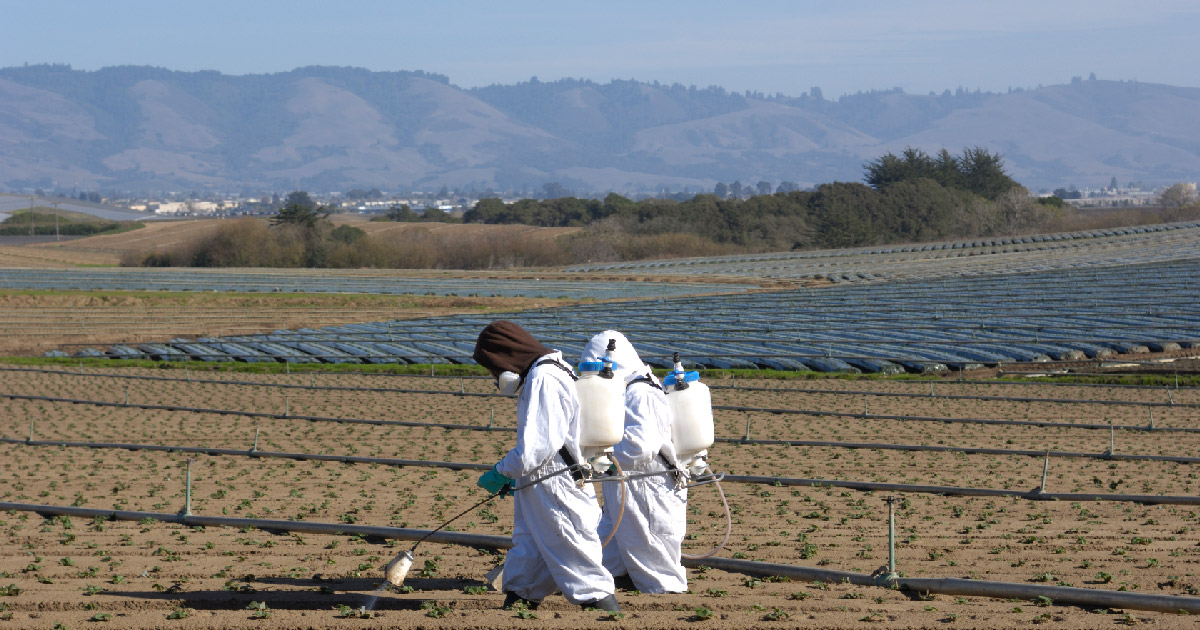
When agricultural workers arrive at a health center with symptoms of pesticide poisoning, most clinicians are unprepared. Few have training on the recognition and management of pesticide poisoning, and many are unaware of the reporting requirements for their state. Today, on Agricultural Worker Health Center Day, part of National Health Center Week, we applaud the frontline clinicians at health centers around the country who focus their efforts on the health of agricultural workers and their families, a uniquely vulnerable population suffering from significant health concerns and encountering numerous barriers to sufficient care. MCN offers health center clinicians resources and tools to best serve agricultural workers in case of a pesticide poisoning. Here are a few we recommend:
Resources:
MCN’s Pesticide Exposure Clinical Guidelines and Assessment Form
MCN’s Cholinesterase Algorithm and Guidelines for Healthcare Providers
MCN’s Pesticide Reporting Map tells you how to report in each state.
Recognition and Management of Pesticide Poisonings, 6th Ed, which is available for free to download, is an indispensable resource for all clinicians.
MCN’s archived webinar, “Pesticide Poisonings: Are You Prepared?” features updated information from Jimmy Roberts, MD, MPH.
MCN’s Comic Books help workers understand the risk of pesticide poisoning and how to avoid exposure.
MCN’s Pesticide Exposure Clinical Guidelines and Assessment Form
MCN’s Cholinesterase Algorithm and Guidelines for Healthcare Providers
MCN’s Pesticide Reporting Map tells you how to report in each state.
Recognition and Management of Pesticide Poisonings, 6th Ed, which is available for free to download, is an indispensable resource for all clinicians.
MCN’s archived webinar, “Pesticide Poisonings: Are You Prepared?” features updated information from Jimmy Roberts, MD, MPH.
MCN’s Comic Books help workers understand the risk of pesticide poisoning and how to avoid exposure.
As the incident demonstrates, current regulations are not enough to protect workers while on the job. As clinicians, we must continue to voice the very serious health concerns that come from pesticide exposure, and to advocate for stronger worker protections -- to assure workers and their family members don’t end up in our exam rooms in the first place. That is why MCN and clinicians across the country are continuing to voice our support for the recently revised Worker Protection Standard and are working to ensure that it is fully implemented.
Like what you see? Amplify our collective voice with a contribution.
Got some good news to share? Contact us on our social media pages above.
Return to the main blog page or sign up for blog updates here.



